He’s one of the most controversial filmmakers of our times and it would seem Oliver Stone thrives on it - even if he may never admit to it.
“I'm not controversial. I make people think, sometimes," he told The Guardian in 2008. "Maybe making people think is controversial."
If that’s the case he’s been making people think a good deal over his career. Stone has garnered a reputation as a “conspiracy nut” with biopics JFK and Nixon, a filmmaker that’s not’s afraid to play fast and loose with the truth, and one that’s unashamedly overtly political. In the past he’s been accused of being an apologist for the likes of Adolf Hitler and Joseph Stalin.
More recently it’s been his political interviews that have seen Stone hit the headlines with accusations of going too soft and being too chummy with his controversial subjects including Cuban President Fidel Castro, Venezuelan President Hugo Chávez and currently, Russian President Vladimir Putin in SBS’s The Putin Interviews.
In his long career, the Oscar winner’s choice of divisive subjects has become a lightening rod for controversy.
President Vladimir Putin
Stone has ruffled feathers arguing that the Russian president is a misunderstood figure in the West sparking charges of sympathetic treatment.
"It's a politically, ideologically driven image," he told ABC's 7.30.
"He's not a Communist and he doesn't think like one. He thinks like a person who is educated, who is a lawyer."
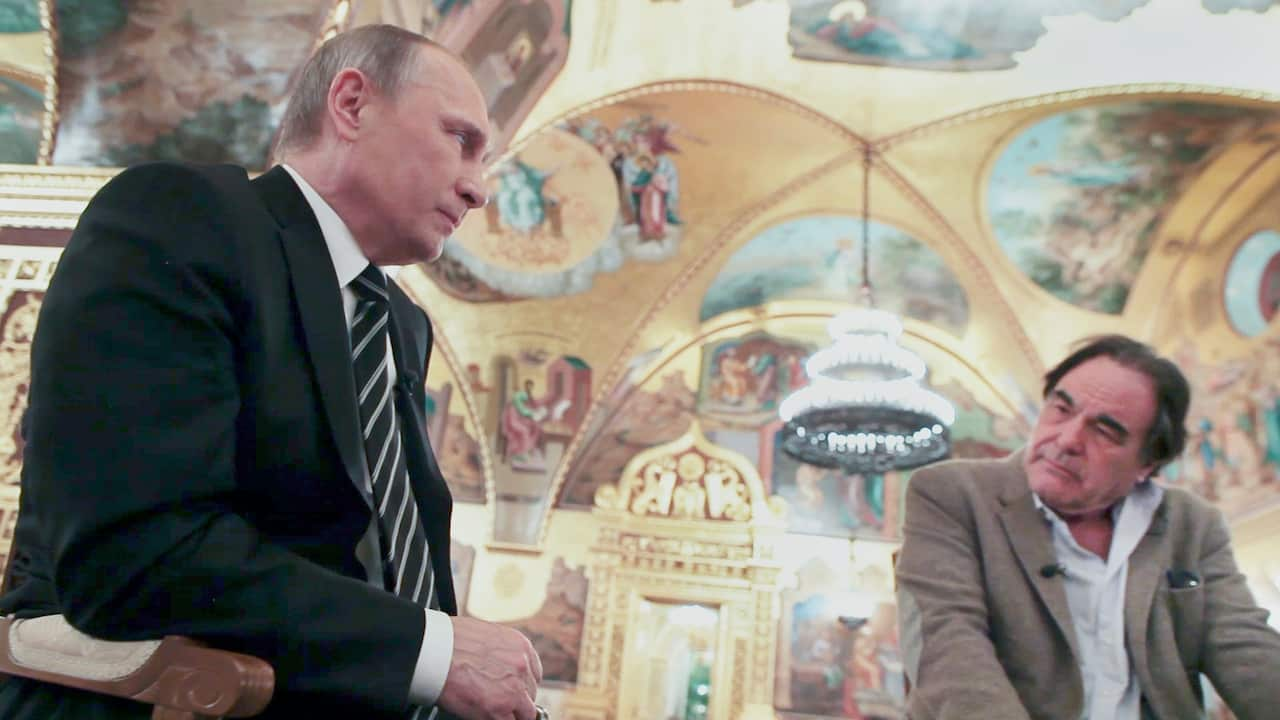
Critical reception from detractors of The Putin Interviews could best be described by The Guardian as Stone “kneeling at the shrine of an anti-humanitarian tyrant”. Stone has openly admitted that he “liked” and “respected” Putin during the interviews.
In asking the audience to try to understand controversial figures like Putin, Stone has entrenched his own reputation as a rabble rouser and opened himself to claims he’s providing a propagandist platform for his subjects.
“With all of them, you try and seek out what is human in the person and get the feeling for how he behaves,” Stone told The Australian. “I don’t think you can last a year making a film unless you identify in some place with the antagonist, protagonist, whatever you want to call them.”
Adolf Hitler and Joseph Stalin
Again, Stone’s philosophy of empathising with the unsympathetic, this time Adolf Hitler and Joseph Stalin, got him into hot water after comments he made in 2010 about his documentary series The Untold History of the United States.
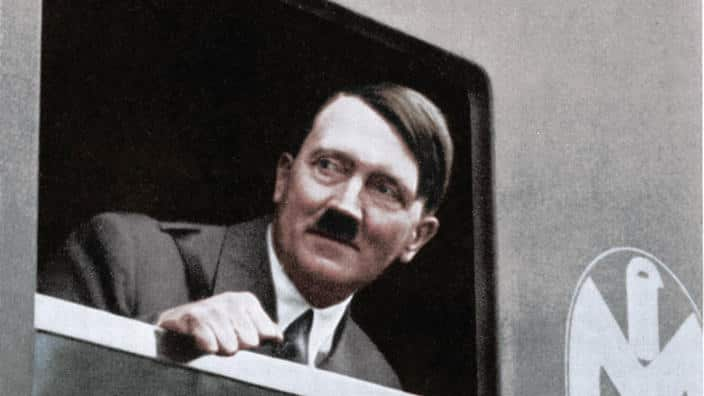
"You cannot approach history unless you have empathy for the person you may hate,” he said.
"I've been able to walk in Stalin's shoes and Hitler's shoes to understand their point of view. We're going to educate our minds and liberalise them and broaden them. We want to move beyond opinions.”
And then he threw this firebomb:
“Hitler is an easy scapegoat throughout history and it's been used cheaply."
Fidel Castro
Stone has said that growing up as a Republican conservative he “hated Castro.” But a complex relationship to the Cuban dictator later concentrated into an admiration for the man over three documentaries Comandante (2003), Looking for Fidel (2004) and Castro in Winter (2012).
“I'm totally awed by his ability to survive and maintain a strong moral presence,” he once said of Castro who died last year.
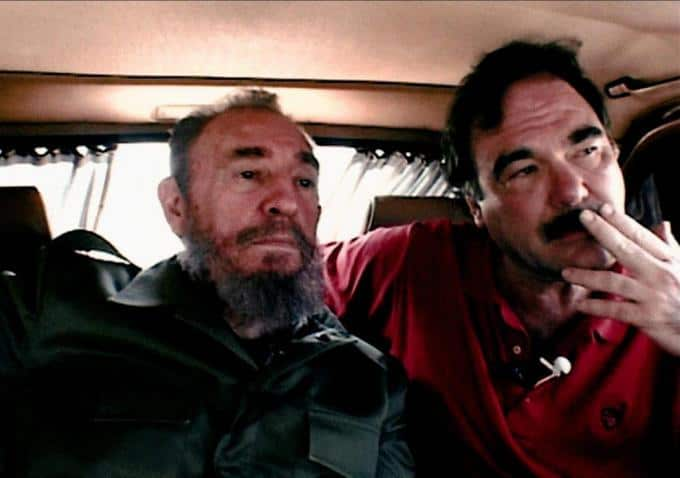
As he’s been accused of doing since, The Guardian opined that Stone appeared to let questionable comments slide, this time Castro’s claims that Cuba is the “most democratic country on earth” and that he’d contributed to gay liberation during his leadership.
“Whether he is in denial or not, my job is not to judge the veracity of his answers,” Stone said at the time. “My job is to try to open him up, really like a movie director tries to open up an actor. If you see deception, it is up to you. If you see him lying about torture or about gays, then that is up to you. I did not see it, but I present it for you to judge.”
JFK
The veteran filmmaker has long been known as a propagator of conspiracy theories particularly in his biopics, and his epic three-hour-plus investigation into the assassination of John F Kennedy really got that reputation boiling.
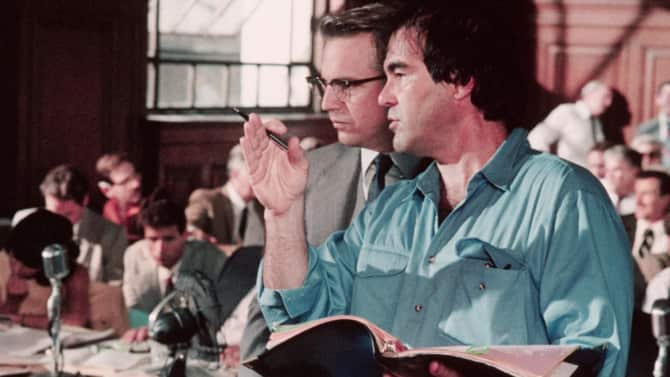
Stone’s proffering that Kennedy’s vice-president Lyndon B Johnson, the CIA, FBI, secret service, the mafia, and the military-industrial complex were linked to his 1963 assassination ignited heated debate. The Guardian damned Stone’s film as a "magic bullet … veering erratically between misconceptions and outright lies in a determined effort to avoid the facts."
Richard Nixon
Stones’s Richard M Nixon biopic was another lightening rod for controversy thanks to his conspiracy-spouting. He alleged that Nixon (played by Anthony Hopkins) was linked to plans to assassinate Fidel Castro that led to JFK’s assassination.
In his assessment of the biopic, veteran journalist Bob Woodward who uncovered the Watergate scandal with his Washington Post colleague Carl Bernstein, wasn’t exactly glowing.
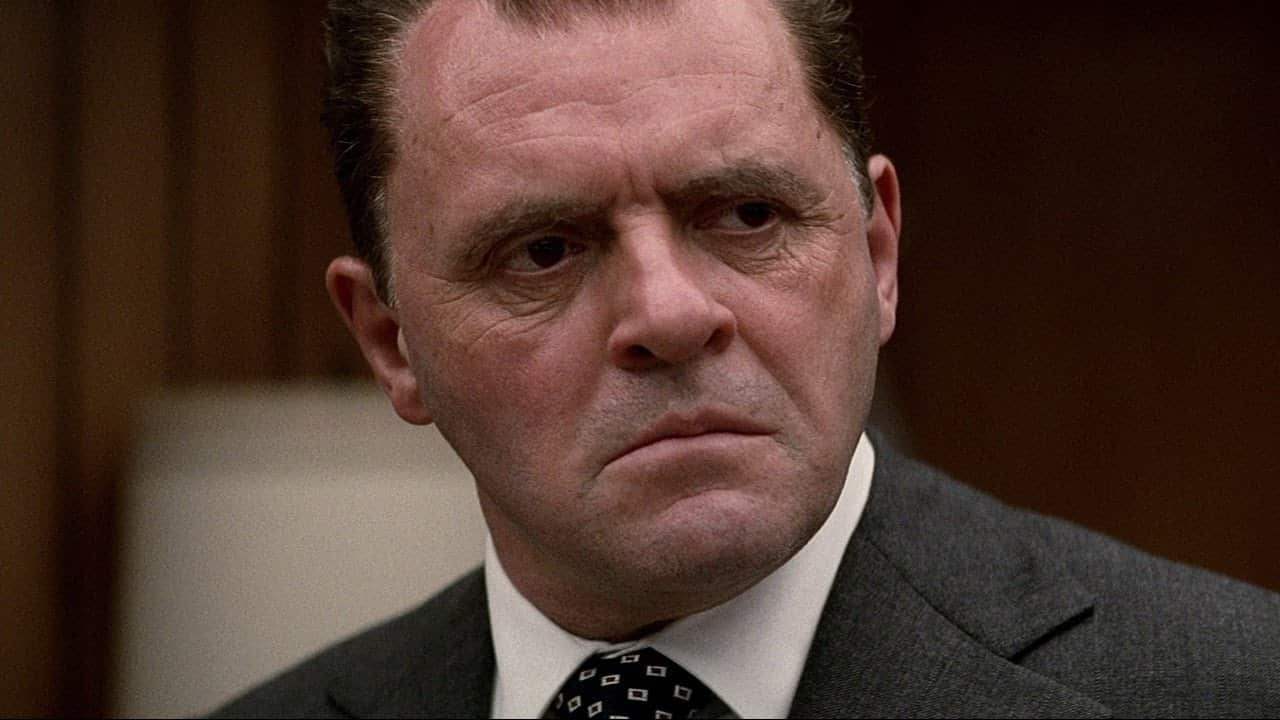
“Stone has not made a history. As best as I can tell, about half the movie is based on facts. The other half ranges from sound speculation to borderline slander,” he wrote on the film’s release in 1995. “The result is a mixture of fact, interpretation and some fantasy.”
Stone’s portrayal of Nixon became part of an expanding fascination with political figures he believes have been “demonised” like George W Bush, Chávez, Castro and no doubt Putin.
“It’s a recurring thing,” he told the New York Times in 2010. “A psychological attachment to the underdog.”
The first two installments of The Putin Interviews is streaming now on SBS On Demand. You can watch the final two installments this Sunday at 8:30pm on SBS:
